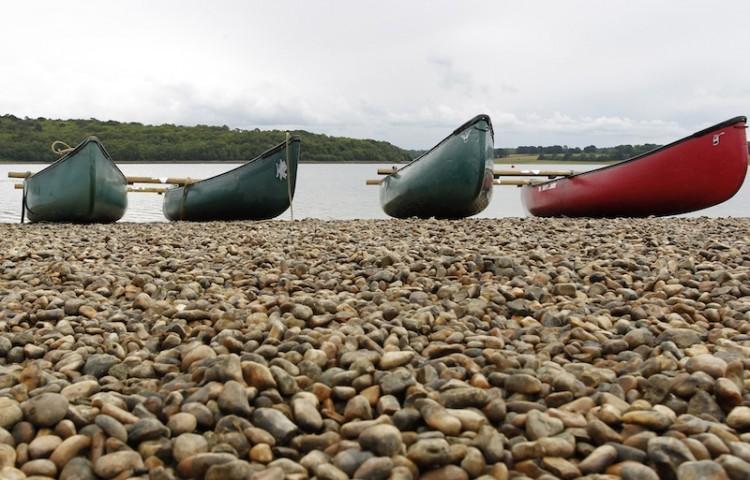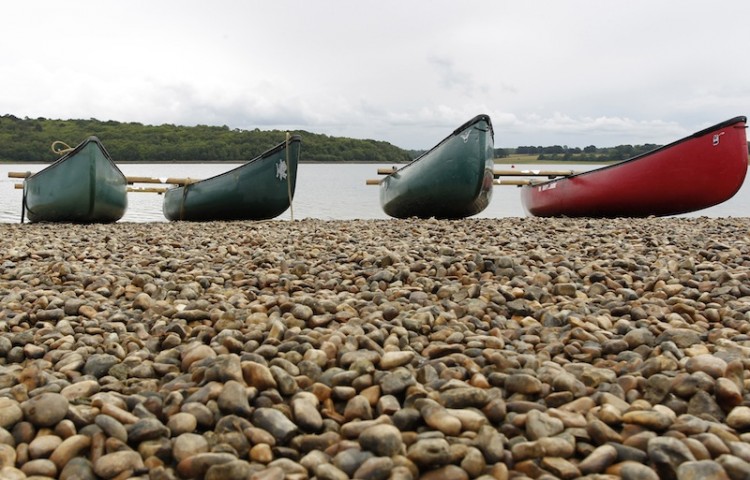With rainfall at its lowest for nearly a century in London, people are being asked to voluntarily reduce their water consumption as experts predict the worst drought for 35 years.
The Department of Food and Rural Affairs (Defra) on Monday called a summit to discuss how to handle the impending water crisis, the same day it was announced that the South East was officially in drought.
Richard Aylard, sustainability director for Thames Water, said in a statement: “It is no longer a case of if we have a drought this year but rather when, and how bad.
“This is not just our problem, it’s everyone’s problem and we can all do our bit to help - for example, turning off taps while we brush our teeth can save six litres of water a minute.”
After months of low-rainfall and with long-term weather forecasts offering little hope of heavy rainfall, many parts of the country are facing water shortages, but it is the southeast that is particularly affected.
The recent lack of rainwater has not only directly reduced the water in rivers and reservoirs, but also caused groundwater levels to drop to their lowest in over a generation.
Mark Lloyd, chief executive of the Angling Trust, said in a statement: “The vast majority of people are unaware that we are in the middle of a crippling drought. River levels are lower in many areas than they were in 1976 and many rivers in the South East have dried up completely.
“We’ve endured months of below average rainfall, but there is little evidence that anyone is doing anything to change their water use as a result.
“Many modern city residents have become completely detached from the fact that the water that comes out of their power shower, or the hose that washes their car, is water that should be keeping a river flowing or a wetland wet. People waste vast amounts of water because they don’t pay for it themselves, but there is a huge cost for the community and the environment from their thoughtlessness.”
But the water crisis has been compounded by lack of action over the years, according to Friends of the Earth.
Friends of the Earth’s Senior Nature Campaigner Paul de Zylva said in a statement: “Leaky old water pipes and over-abstraction from rivers mixed with unusually low rainfall this winter is a dangerous - and expensive - concoction.
“It’s little surprise we’re in drought - successive governments have ignored expert advice on saving water, burdening farmers and households with the consequences.”
Environment Secretary Caroline Spelman, speaking after the water summit, said: “It is not just the responsibility of government, water companies, and businesses to act against drought. We are asking for the help of everyone by urging them to use less water and to start now.”
According to Defra, Lincolnshire, Cambridgeshire, parts of Bedfordshire and Northamptonshire, and west Norfolk are still in drought.
NFU Vice President Gwyn Jones said the drought predictions were making farmers and growers extremely anxious.
According to the NFU, the water companies are adopting a “no regrets” policy. They believe that if various measures are not taken now, a further 12 months of dry weather would lead to a much greater national water supply problem in 2013.
But if the weather forecasters are proven wrong, and the nation is blessed with a couple of months of rain, it could actually compound the problem, the water companies say, because it would lead people to think the crisis was over and to abandon their water-saving behaviour. With groundwater so low it is unlikely that the typical rainfall over a couple of months would do much to restore water levels.







